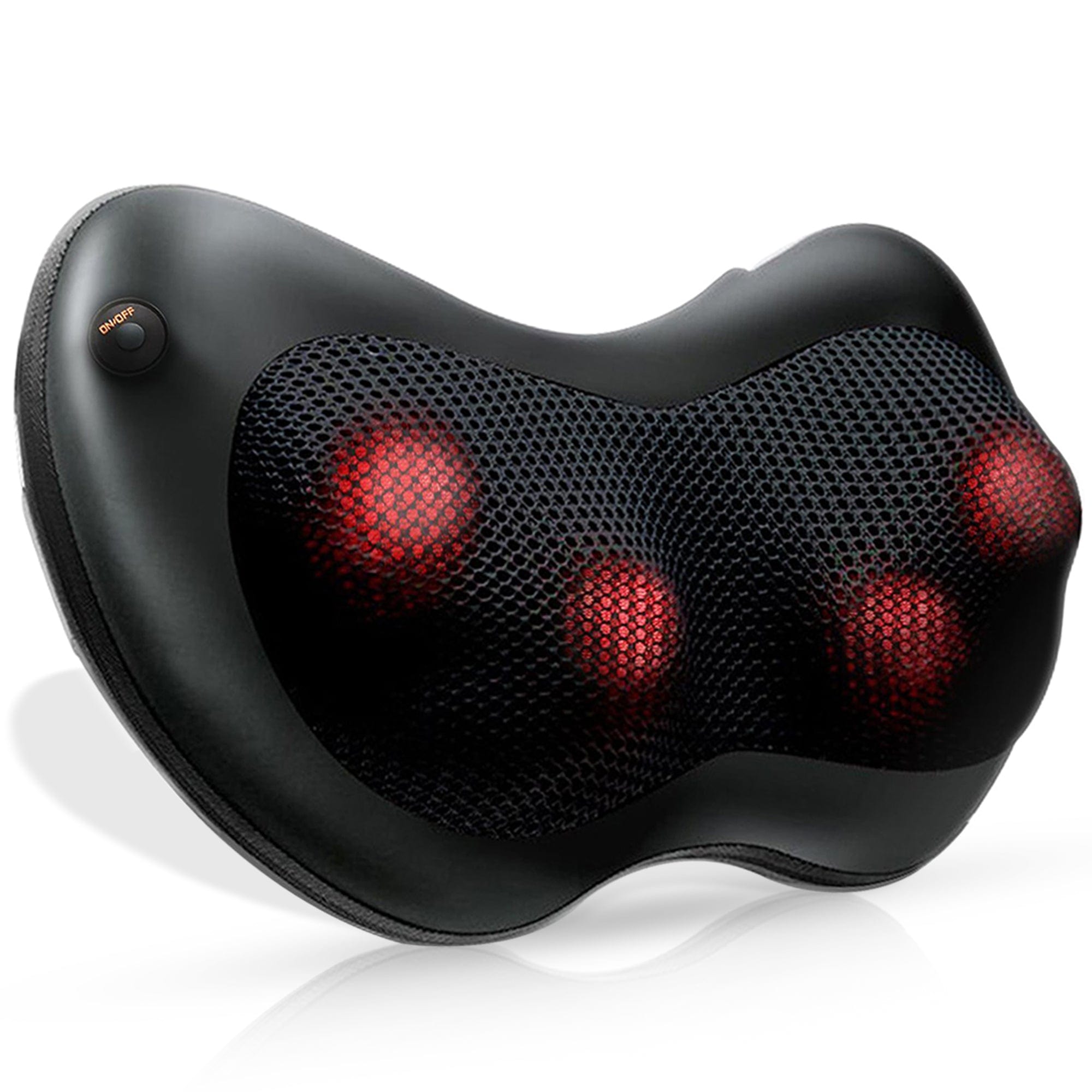Workout and Calorie deficit work as the best therapeutic intervention for the prevention and management of obesity.
The potential of a workout is not only limited to cardiovascular, diabetes, neuromuscular, osteopathic, and obesity. A workout can even control your body's energy balance by keeping a check on calorie intake.
Did you ever felt uninterested in eating after an intense workout?
Here is the explanation to this question:
We have been living with a conviction that the more we are indulged in activities, the more we should be eating to balance out the lost calories.
But to our surprise, the appetite never increases after intense body activities and our assumption regarding post workout hunger has been entirely wrong.
After single bouts of continuous aerobic exercise or even if we consume more than 60% oxygen while workout, our appetite is temporarily suppressed.
This occurs on the account of the hormone Ghrelin, Leptin, and a few gut hormones (polypeptide YY (PYY), glucagon-like peptide-1 (GLP-1), and pancreatic polypeptide (PP) ) which are secreted within the digestive tract during exercise that influences the feelings of satiation.2
Exercise, specifically aerobic exercises that include running, cycling, and swimming significantly increases the level of these hormones. All cardio activities and intense workouts fall under this category.
The intense workouts can alter the sensitivity of the appetite control system in the hypothalamus of the brain by balancing the increased drive to eat with an improved satiety response to the meal.
However, these hormonal changes are temporary and return to their original state within a few hours after a workout.
Some studies have reported body fat also to be controlling appetite, appetite hormones, and food intake after exercise.
Recently, it has been discovered by researchers that exercise stimulates the production of a chemical called Lac-Phe (N-lactoyl-phenylalanine) in the blood that can suppress hunger and obesity in mice.
Lac-Phe is synthesized from lactate and phenylalanine, amino acids that are released in response to intense workouts. 1
For that purpose, the scientists studied the blood sample from running mice on a treadmill until exhaustion.
High levels of various chemicals were found in the blood including lactate, fumarate, and succinate. However, the most prominent one was Lac-Phe.
The levels of Lac-Phe raised to 2µM after exercise which eventually dropped after an hour.
Considering Lac-Phe to be suppressing hunger, it was then artificially administered in obese mice during an experiment. A 50% reduction in food intake over 12 hours was recorded in that mice.
However, the administration of Lac-Phe did not alter oxygen intake, water intake, and appetite-regulating hormones leptin and ghrelin.
The continual injection Lac-Phe in obese mice for 10 days, eventually reduced the appetite and controlled body weight in that mice. It also managed other body weight contributing parameters including blood glucose levels and fatty tissue without affecting other organs.
Despite this, Lac-Phe was ineffective in controlling appetite when given orally in that obese mice.
In the same study, the same trial was conducted on 36 humans as well to record its efficiency in humans post-workout. Lac-Phe levels were recorded in 36 people after exercise. As presumed, Lac-Phe levels were found high in humans after exercise that eventually fell back to normal after an hour.
Lac-Phe levels were maximum after a run than after endurance or a resistance workout.
Despite this discovery, much more research on Lac-Phe is required for its anti-obesity effects after a workout. After which only it can be proclaimed as an alternative treatment for obesity.
Yet, considering this first study on Lac-Phe it can be hypothesized that it is the chemical involved in the regulation of hunger and satiety, and its artificial administration in blood in the future can offer obesity treatment.
Following this research, if you want your body to suppress your hunger and avoid those extra calories after a workout, then you have to push yourself harder and run those extra miles to activate Lac-Phe.
Try these Top 8 Restoring drinks post-workout to retain electrolytes in your body.














